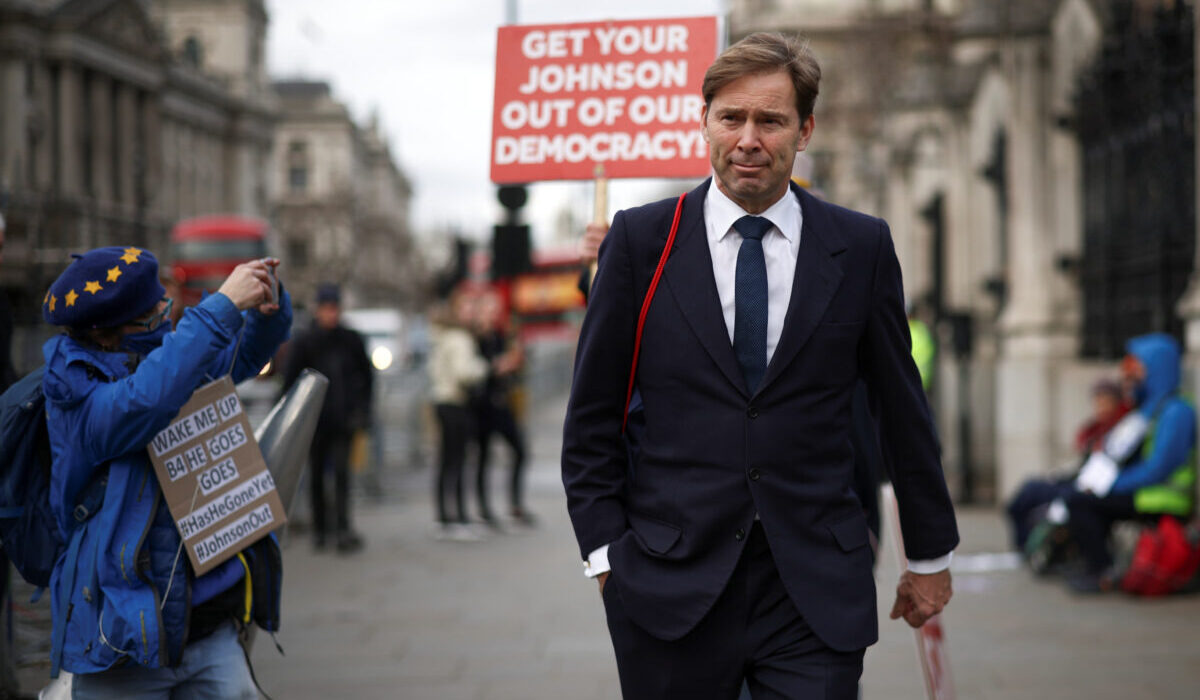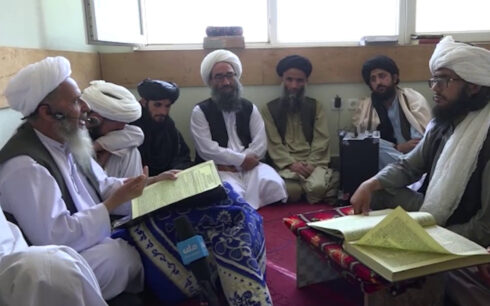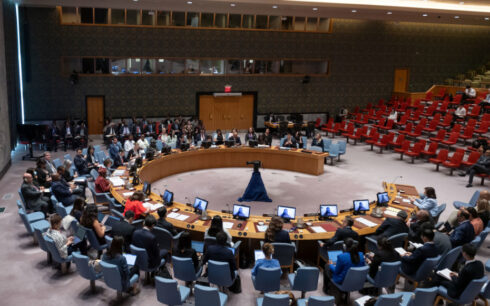Conservative MP Tobias Ellwood has stepped down from his position as chair of a Commons committee amid criticism stemming from his remarks about Afghanistan.
The former defense minister faced backlash in July when he suggested that the situation in Afghanistan had significantly improved under the Taliban’s rule. The controversy led to the possibility of a no-confidence vote against him by fellow members of the defense select committee.
Subsequently, Ellwood has voluntarily relinquished his role as chair and will no longer serve on the committee.
Initially, Ellwood defended his comments by asserting that Afghanistan had achieved a level of stability that was notably different from previous periods of conflict. However, he later issued an apology, acknowledging that his statements were incorrect. He had originally posted these remarks on social media while visiting Helmand province.
In the social media post, the MP contended that Afghanistan, weary from years of war, had embraced a more authoritarian leadership in exchange for stability. He called for the UK to re-engage with the Taliban government and advocated for the reopening of the British embassy in Kabul, stating that distant criticism would not enhance women’s rights. Ellwood also tweeted a video in which he claimed that security had significantly improved, corruption had decreased, and the opium trade had ended, albeit with the caveat that it had “all but disappeared.”
In reality, opium cultivation in 2022 saw a 32% increase compared to 2021, as reported by the United Nations Office on Drugs and Crime (UNODC).
Ellwood’s comments provoked strong opposition from human rights advocates, women’s groups, and fellow MPs, including some from his own Conservative party who served on the cross-party defense committee. Tory MPs Mark Francois and Richard Drax, along with Labour’s Kevan Jones and Derek Twigg, jointly submitted a motion of no-confidence against him.
In his resignation statement, shared on social media platform X (formerly known as Twitter), Ellwood maintained that he believed he still had the support of the “majority” of the committee. However, he acknowledged that without unanimous backing, his continued presence would become a distraction.
He commented, “I believe I have a strong voice when it comes to defense and security. I speak my mind, endeavor to comprehend the bigger picture, and offer solutions, especially on the international stage, as our world faces increasing challenges. I don’t always get it right, so it’s important that I admit when I don’t. My communications during the summer, in advocating for increased international engagement in Afghanistan, were understandably criticized at the time and reflected poorly on the committee.”
Ellwood expressed pride in the committee’s rigorous investigations and deemed his leadership of its oversight a “great privilege.”





